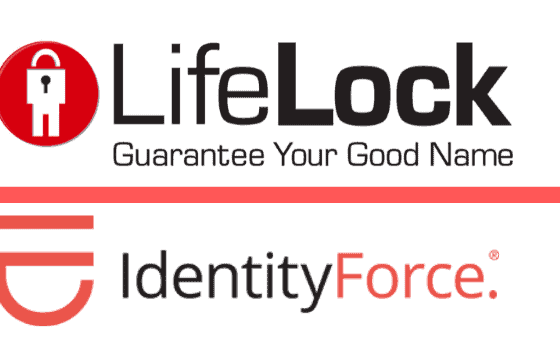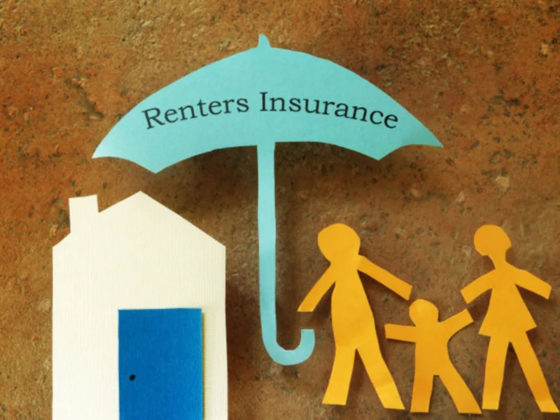Yes, there is a difference. Not all loans are created equal. A conventional home loan is basically a home loan that is not backed by the federal government of the United States. For first time home buyers often times a home mortgage comes down to a conventional home loan or an FHA loan. Both of which have their pros and cons. In this article we will take a look at both and try to distill it into it’s most basic form to help with the decision process.
Conventional Home Loan
As stated before, conventional home loans are not backed by the federal government. They are broken into two types. Loans that follow the guidelines of Government Sponsored Entities, or GSE’s are known as conforming loans. The Government Sponsored Entities being Fannie Mae and Freddie Mac. When the loans do not meet the GSE terms and conditions of the GSE’s they are considered "non-conforming" loans.
The 30 year fixed rate conventional mortgage has been around for years and is considered the industry standard. There are other common loans such as the adjustable rate mortgage, the Jumbo home loan and others. A conventional mortgage can be used for financing a home mortgage or in refinancing a home. Banks and lenders love going the conventional route as it presents less risk to them.
Conventional loans allow greater freedom to the borrower by the way of varying re-payment terms, interest rates and loan amounts. While more money is required down, Conventional loans are the way to go if you want to avoid private mortgage insurance. Another downside is that lending is based largely on credit score. Borrowers with challenged credit may find it more difficult to obtain financing.
FHA Loans
FHA Loans are backed by the Federal Government. FHA Financing exists for lower income and first time buyers that may not otherwise be able to afford a home. First home buyers are often able to get into a home for as little as 3.5% down. This rate is only available for individuals with a credit score above 580, but can reduce the amount of time saving for a down payment significantly .
Three benefits are 1.) Low down payments 2.) Low Closing Costs 3.) Easier to qualify if you have poor or damaged credit. Some of the disadvantages are: 1.) not available for certain types of properties. 2.) Down payment is at the lender’s discretion. (Higher down payment for individuals with lower credit scores.) 3.) Fewer financing options. 4.) Must carry mortgage insurance.





